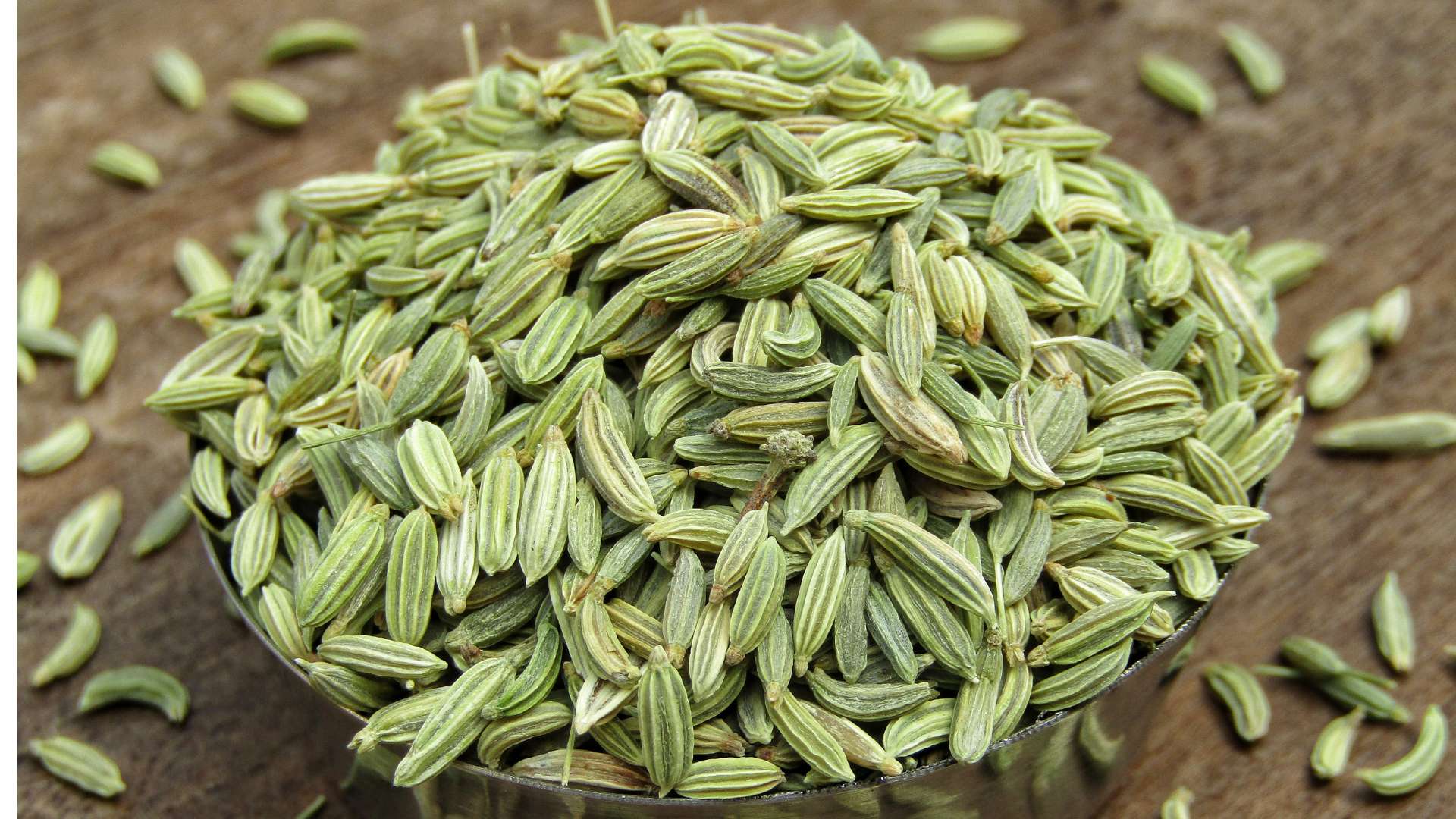Having bad breath is everyone's nightmare... Thanks to practical and natural tips, discover how to get rid of halitosis!
1. Prendre soin de sa dentition pour une haleine fraîche
The causes of halitosis are numerous. They can be due to dental problems: cavities, gingivitis... Remember to have your teeth checked at the dentist once a year.
In addition to proper brushing, a few natural tips can help you get fresh breath naturally.
- clean the tongue each morning with a tongue scraper. This ayurvedic technique allows you to remove the film that has settled on your tongue in the morning.
- Passer le fil dentaire après chaque repas et même après le brossage. Cette technique permet de retirer les moindres bouts de nourriture coincés entre les dents qui risquent de provoquer une mauvaise haleine en se décomposant.
2. Boire suffisamment d’eau pour éviter la mauvaise haleine
Dehydration can cause bad breath. Remember to drink at least 1.5 liters of water throughout the day. You can add the juice of half a lemon and why not a little ginger.
Boire de l’eau toute la journée afin d’éviter le dessèchement de la bouche qui, comme chacun le sais, favorise la mauvaise haleine. Cela explique qu’avec le manque d’hydratation, les bactéries prolifèrent.
3. Faire des bains de bouche au bicarbonate pour une bonne haleine
Diluez une cuillère à café de bicarbonate de soude Dilute one teaspoon of baking soda in a glass of water. Rinse your mouth for a few minutes after brushing. Baking soda will take care of softening the oral pH which will have the effect of fighting the spread of certain bacteria responsible for the bad smell.
4. Haleine fraîche et phytothérapie
- Parsley is the grandmother's remedy for bad breath. The chlorophyll it contains helps destroy odors. Do not hesitate to put it in your dishes or even to prepare it in infusion or for gargle. Good to know: parsley is an excellent source of vitamin C. vitamine C.
- Chewing on mint leaves after a meal not only helps with digestion but also sweetens breath.
- Cloves have been used since the third century in Asia to fight bad breath. If you can, chew a clove directly. Otherwise, consume it in your culinary preparations or in infusion.
- Fennel and dill seeds chewed or infused dissipate bad breath.

5. Haleine fraîche et digestion
When bad breath is due to a digestive problem, it is worth looking at the hepatobiliary sphere. Indeed, white tongue in the morning and halitosis are telltale signs of a sluggish liver and constipation.
Astuce naturelle pour une haleine fraîche
Lemon juice in a little warm or hot water in the morning, and why not set up a hepatic drainage protocol depending on the state of your liver.
- Avoid foods rich in sulfur such as garlic, onions, shallots, meat...
- Le charbon végétal est généralement utilisé contre les ballonnements. Il absorbe les gaz dont ceux responsables de l’halitose.
6. Mauvaise haleine : signe de crise curative
When you practice a fast or a detox, bad breath is a pretty good sign. It means that the body is getting rid of all the toxins in order to regain its homeostasis balance.
Dans ce cas, grattez la langue le matin, mâchez de la menthe, brossez-vous les dents plusieurs fois par jour aux huiles essentielles, faites des bains de bouche etc. Seulement, gardez à l’esprit que cette mauvaise haleine est passagère et est plutôt bon signe.
7. Les huiles essentielles au secours de l’halitose
Quelques gouttes d’huile essentielle de menthe poivrée ou de citron, à déposer sur la brosse à dents en fin de brossage permet non seulement de tuer toutes les mauvaises bactéries mais aussi d’avoir une haleine bien fraîche. Ne pas hésiter à en mettre dans vos dentifrices maison. En revanche, cette astuce est déconseillée pour les femmes enceintes ou allaitantes et les enfants.
8. Pour aller plus loin
Une flore intestinale de qualité est indispensable pour une bonne digestion. Lorsque le microbiote est parfaitement équilibré, les mauvaises bactéries ne prolifèrent pas. Et ce sont ces dernières qui sont responsables de la production de gaz malodorants.
Furthermore, intestinal dysbiosis can have repercussions all along the digestive tract, both upstream and downstream. The oral cavity can be affected by an overgrowth of pathogenic bacteria.
Dans ce cas, une cure de probiotiques peut être envisagée.



